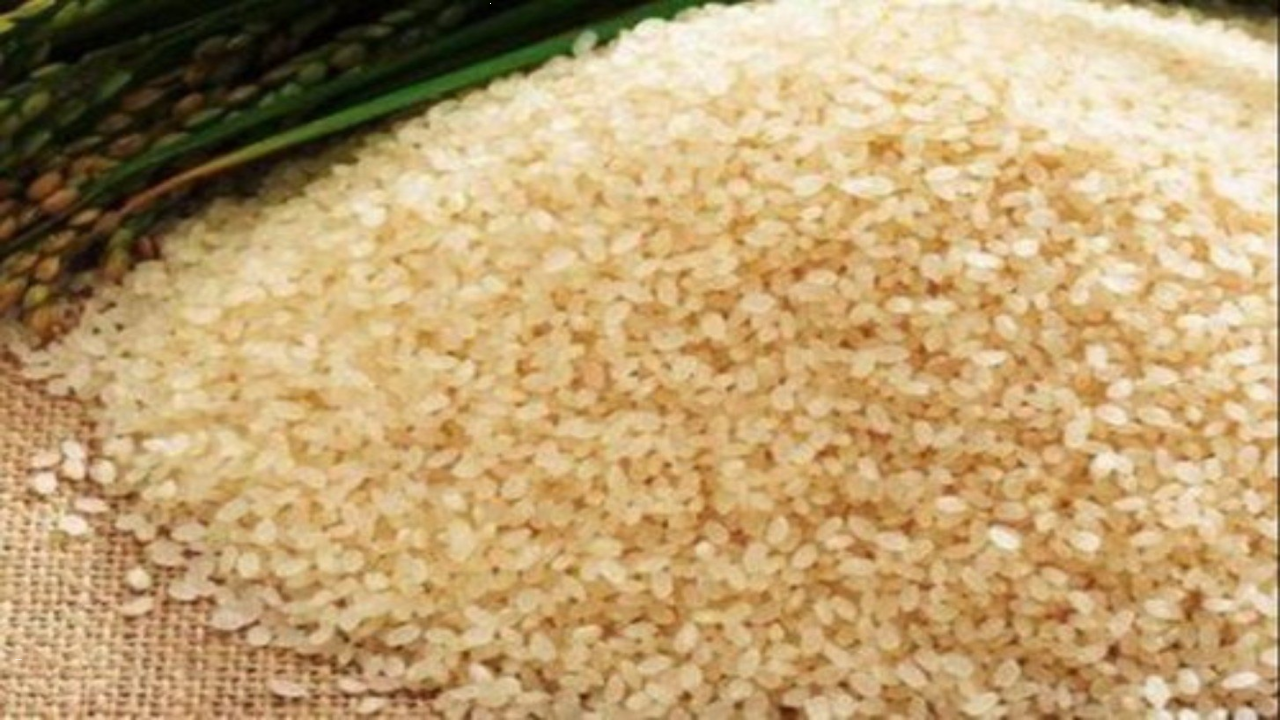Pusa-2090 Offers Hope to Punjab Farmers
In recent times, the issue of stubble burning in Punjab, India, has drawn significant attention due to its severe environmental impact. While farmers resort to burning crop residue to prepare fields for the next wheat crop, this practice contributes to air pollution and threatens public health. One variety of rice, Pusa-44, has been at the center of this issue, but a new development offers hope for a sustainable solution.
The Pusa-44 Conundrum
Pusa-44, a long-duration rice variety bred by the Indian Agricultural Research Institute (IARI), has been a favored choice among farmers for its high yield of 35-36 quintals per acre. However, it takes a lengthy 155-160 days to mature, leaving little time for field preparation before the next crop. As a result, farmers have been burning the leftover stubble after harvesting, exacerbating the issue of stubble burning.
Meet Pusa-2090 – A Game Changer
IARI has introduced a new rice variety, Pusa-2090, which offers an alternative to Pusa-44. This improved variety matures in just 120-125 days, making it a quicker option for farmers. Pusa-2090 is a cross between Pusa-44 and CB-501, an early-maturing Japonica rice line. CB-501 not only matures early but also contributes to stronger rice stems and higher grain production per panicle.
Promising Results and Farmer Support
Pusa-2090 has undergone testing at the All-India Coordinated Rice Improvement Project trials in recent years and has officially been identified for cultivation in Delhi and Odisha. Farmers like Gurmeet Singh Sandhu have started planting Pusa-2090 and report promising yield results. With the potential to yield 35-36 quintals or more, Pusa-2090 could become a viable alternative to Pusa-44.
The Road Ahead
While Pusa-44 continues to dominate rice cultivation in Punjab, there is hope that Pusa-2090 can provide a more sustainable and environmentally friendly option. Farmers in the region are eager to embrace this new variety, and its adoption may reduce the practice of stubble burning, benefiting both the environment and public health. Punjab’s agricultural landscape is evolving, and Pusa-2090 represents a significant step towards a more sustainable future.
Month: Current Affairs - November, 2023
Category: Agriculture Current Affairs • Economy & Banking Current Affairs - 2024



